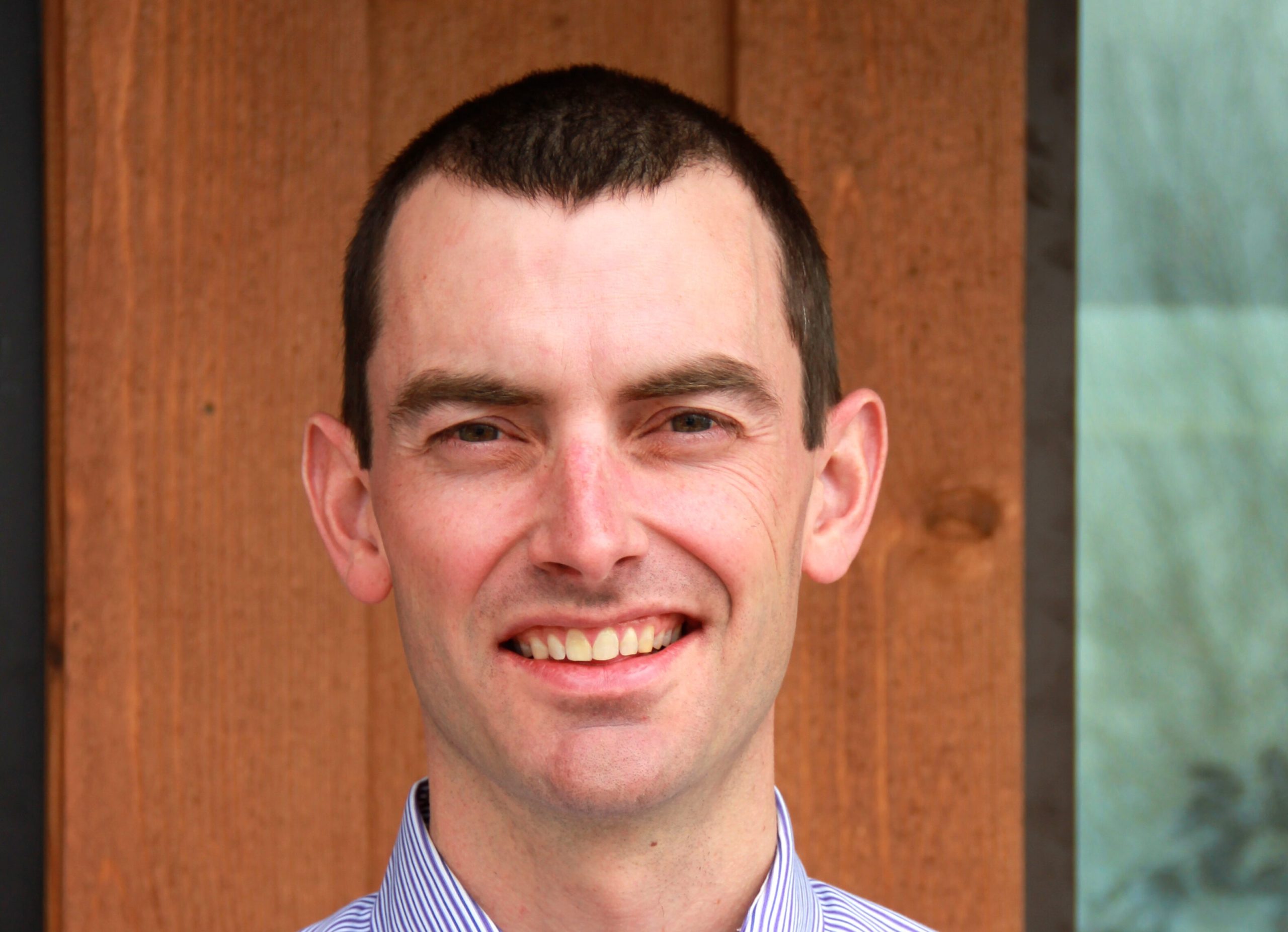For more than a decade, I have had the privilege of calling PERC home. And what a privilege it has been.
The people who pour their energy, talents, and resources into this place are some the finest I’ve ever known. Our ideas have influence from the ivory towers of academia to the gates of national parks, the decks of fishing boats, the bottom of trout streams, and countless places in between. And our work matters: It builds an important bridge between individual liberty and environmental quality like no other organization does.
In a word, PERC is special.
In January, I’ll return to another special place, Clemson University, my alma mater, to teach in the Economics Department and create a center in the College of Business that educates students on the why of business while they learn the how. It’s an exciting opportunity made irresistible by the proximity to family as Kathryn and I raise our two boys. Of course, we are sad to go.
For me, PERC has not only been an important part of my career; it has also been my entire career. Aside from mowing lawns, selling running shoes, and pedaling bicycles—all glamorous if not stimulating pursuits—PERC has been my only real job. In fact, I started here weeks after graduating from Clemson. Having just participated in our undergraduate student seminar, my head spinning with ideas, I wandered into Terry Anderson’s office to beg for a job, any job, that would allow me to stay and learn more.
The talent pool must have been shallow then because Terry agreed to hire me. And much to my surprise, he insisted on paying me money—real American dollars—to research and write about markets and the environment. Terry reasoned that unpaid interns are great, but paid interns are accountable. Here I learned that PERC doesn’t just talk the talk of contracts and markets, it walks the walk.
After learning and working for a year as a research associate, I enrolled in graduate and law school at Duke University. In the summers between semesters, I clerked at several laws firms, all of which offered good pay and challenges aplenty, but none of which had PERC’s soul or culture. It bears repeating: PERC is a special place.
Upon graduating in 2008, PERC welcomed me back as a research fellow and the director of our applied programs. Back then, apart from the Enviropreneur Institute, PERC was almost exclusively an academic establishment. My job was to change that by adding programs that demonstrated the practical relevance and feasibility of free market environmentalism.
In the nine years since, four of them with me at the helm, we completely overhauled PERC’s publications and outreach strategy. We published countless op-eds in the nation’s leading newspapers, including The New York Times.We filed friend of the court briefs in cases concerning property rights and environmental protection, most recently at the U.S. Supreme Court. We testified before Congress. We created fellowships for state policymakers. We remodeled the Enviropreneur Institute into a two-day conservation “hackathon” that reconnects our ideas to conservation organizations. And, perhaps most importantly, we hashed out a strategic plan that focuses our energy, efforts, and resources on striving to make free market environmentalism the default approach to conservation.
None of this would have been possible without the solid foundation and reputation built by PERC’s founding generation. They developed the timeless idea of free market environmentalism, demonstrating that property rights and markets can improve environmental quality, and it was my privilege to share it beyond academia, to help make it timely for conservationists and policymakers. The task now is to popularize free market environmentalism, and to do that PERC’s Board of Directors has unanimously chosen Brian Yablonski to be the next executive director.
Brian’s connections to PERC run deep, having served on our board since 2013 and as an adjunct fellow since 2003. Brian also brings both conservation and policy experience to the job, as he is currently chairman of the Florida Fish and Wildlife Conservation Commission and external affairs director for Gulf Power Company.
Brian will have the support of an amazing board, a highly capable staff, and a generous donor base all committed to advancing free market environmentalism. And so even as I leave PERC, I do so with a deep sense of accomplishment and the expectation of an even brighter future. It has truly been a privilege.




